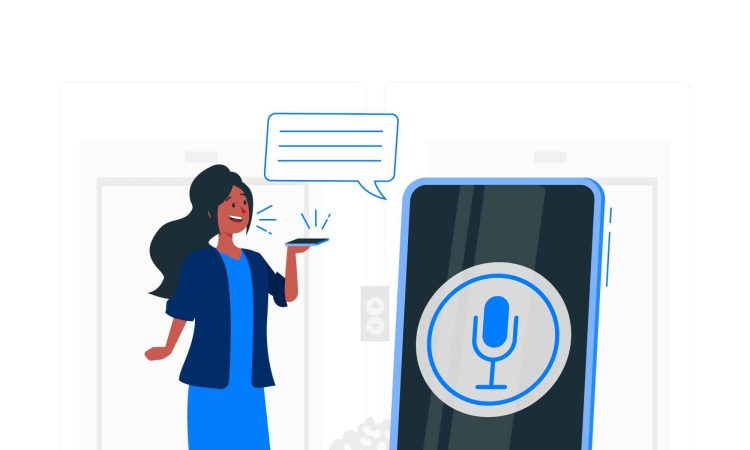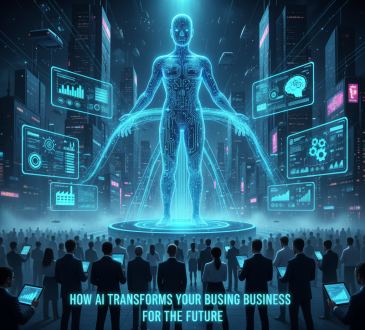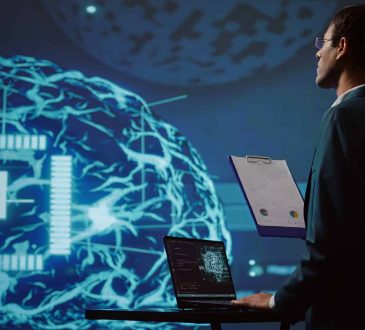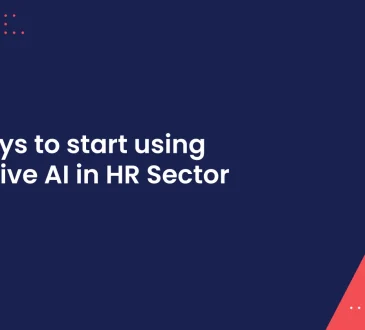
Voice cloning is revolutionizing how we interact with technology, and TheTechnoTrick is here to uncover its potential. From entertainment to security, this technology is reshaping industries. But with great power comes great responsibility let’s dive into the applications and ethical concerns surrounding voice cloning.
Related:-
Revolutionary Furnace Tech: The Future of Smart Maintenance
Why Every Business Needs a Threat Intelligence Strategy in 2025
Protecting Digital Infrastructure: Key Steps for Business Security
What is Voice Cloning?
Voice cloning is an advanced AI-powered process that replicates human voices with high accuracy. Using deep learning and neural networks, this technology can create synthetic voices that sound nearly identical to the original speaker.
Applications of Voice Cloning
1. Entertainment & Media
🎙️ Dubbing & Voiceovers: Hollywood and gaming industries use AI-cloned voices to dub movies and create realistic game characters.
🎤 Music Industry: Artists can use AI-generated voices to restore lost recordings or even create posthumous songs.
2. Accessibility & Assistive Technology
🦻 Helping the Visually Impaired: AI-powered voice assistants enable better interactions for visually impaired users.
💬 Personalized Speech Assistants: Patients with speech impairments can regain their unique voice using voice cloning.
3. Customer Support & AI Assistants
🤖 AI Chatbots: Customer service sectors use AI-generated voices to enhance user experience.
📞 Automated Call Centers: Companies employ AI-cloned voices to handle queries in a more human-like manner.
4. Security & Authentication
🔒 Voice Biometrics: Banks and tech firms use voice recognition for secure transactions.
🚀 Government & Defense: Voice cloning is explored for covert operations and intelligence gathering.
Ethical Considerations of Voice Cloning
1. Deepfakes & Misinformation
🔍 Fake voice recordings can manipulate public opinion and spread false narratives. Social media platforms and governments are working to counter such misuse.
2. Privacy Concerns
🛑 Unauthorized voice cloning can compromise personal security, leading to identity theft and fraud. Stronger laws and authentication measures are needed.
3. Ownership & Copyright Issues
⚖️ Who owns the cloned voice? Celebrities and content creators are pushing for stricter regulations to prevent unauthorized use of their voices.
4. Ethical AI Development
🧑⚖️ Companies must ensure AI models are trained ethically, preventing biases and unethical exploitation.
How Can We Regulate Voice Cloning?
📜 Legal Frameworks: Countries are working on AI and voice cloning laws to ensure responsible usage.
🛡️ Advanced AI Detection Tools: AI can detect AI-generated voices to prevent misuse.
🏛️ Corporate Responsibility: Tech firms must prioritize ethical development and transparency.
FAQs
Q1: Is voice cloning legal?
A: It depends on the usage and region. Ethical use with permission is legal, but unauthorized cloning can lead to legal issues.
Q2: Can voice cloning be detected?
A: Yes, AI-powered detection tools analyze speech patterns to identify synthetic voices.
Q3: How secure is voice authentication?
A: While voice biometrics are secure, hackers are developing ways to bypass them. Additional security layers are recommended.
Q4: Can voice cloning replace human voice actors?
A: While AI voices are improving, human emotions and creativity still make voice actors irreplaceable.
Conclusion
Voice cloning offers groundbreaking applications, but ethical challenges remain. TheTechnoTrick believes responsible AI use and strict regulations are crucial to harness this technology for good. As AI evolves, balancing innovation with ethics will shape the future of voice cloning.




